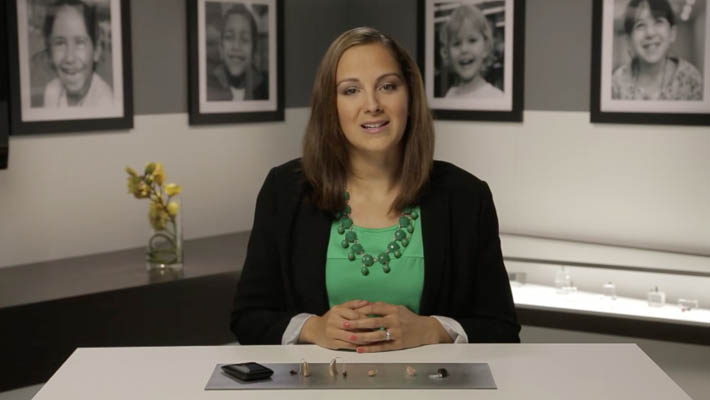Hearing loss
How can I help a spouse who has hearing loss?
My spouse has hearing loss - what can I do to help?
Rather than simply applying short-term solutions, such as speaking louder, leaving the room when the TV is on, or repeating constantly, help your loved one find a better solution. When approaching a spouse about hearing loss, remember they may be in denial or self-conscious about the problem. Here are a few steps to follow to help the process go smoothly:
Step 1: Start the conversation
Using the phrase “I’ve noticed recently...” is a great conversation starter. Give real examples that demonstrate the hearing problem: for example, explain how you’ve noticed the grandchildren don’t want to play games with Grandma or Grandpa any longer because they get frustrated they can’t be heard.
Or, perhaps you’ve noticed they aren’t talking on the phone much anymore; suggest that you’re worried about them becoming withdrawn or isolated from friends and family.
Step 2: Have them take an online hearing test
After you’ve had the initial conversation, your spouse may still be hesitant to visit a hearing care professional. So an easy interim step is to go online and conduct a hearing test in the comfort of your own home.
Visit Starkey's online hearing test and have your loved one answer a few short questions and then listen to a series of tones. It only takes a few minutes and will give you both a basic understanding of any hearing loss issue that exists.
It also provides an idea of what some parts of a professional hearing evaluation might be like to reduce fears. While online, you can browse through different types of hearing aids to see how advanced and beneficial today’s hearing technology has become.
Step 3: Schedule an appointment with a hearing professional
Hearing loss can affect a person’s ability to learn, socialize and enjoy life. It can also affect personal safety, such as when important phone calls or alarms are not heard.
Help your loved one make an appointment with a hearing care professional for an expert diagnosis so the hearing loss can be addressed. If your loved one has a trusted physician, ask if they can recommend a hearing care professional. Then offer to take your loved one to the appointment. This not only provides support during a difficult time, but also ensures that the appointment isn’t missed.
At the appointment, feel free to ask questions about treatments and different hearing aid options.
Remember, hearing loss is cumulative, and delaying treatment only increases its negative effects. By offering your support and helping your spouse find a solution, you’ll not only help them hear better, you’ll help them live better, too.
You might also like:
-

Talking to your loved one about hearing loss
Frequently, those with the hearing loss are the last to acknowledge it. Learn why it’s important to advocate better hearing.
-

Test your hearing
Wondering if you have hearing loss? Our free online test takes just 5 minutes.
Try it
